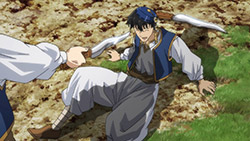 |
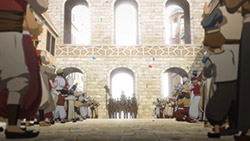 |
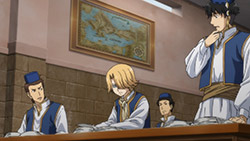 |
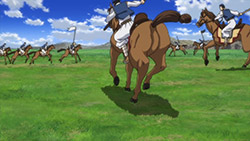 |
 |
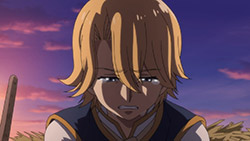 |
 |
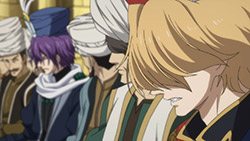 |
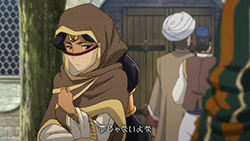 |
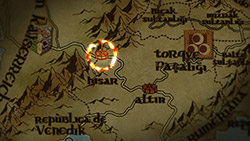 |
 |
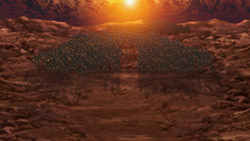 |
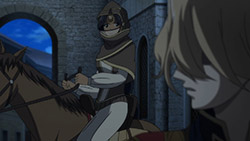 |
 |
 |
 |
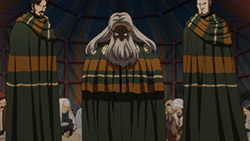 |
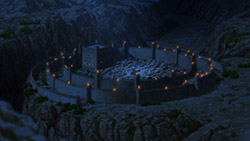 |
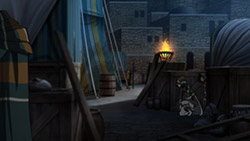 |
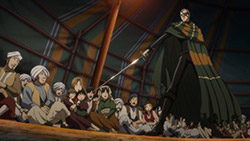 |
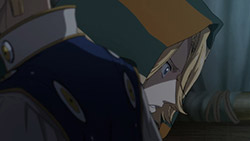 |
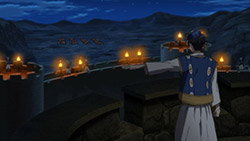 |
 |
 |
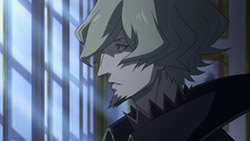 |
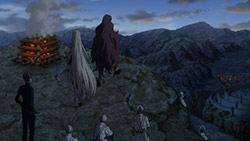 |
 |
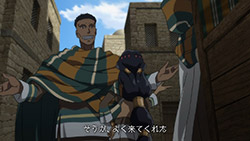 |
 |
 |
 |
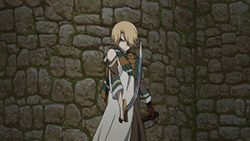 |
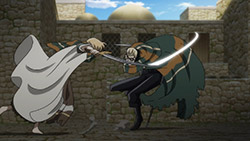 |
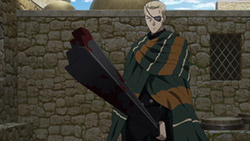 |
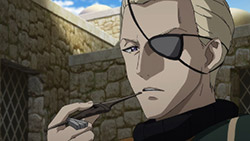 |
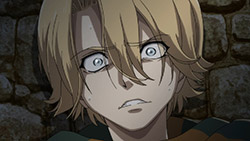 |
「砦の町」 (Toride no Machi)
“The Citadel City”
Although Shoukoku no Altair sort of plays Mad Libs with history, messing about with Balt-Rheins and Turkiyes instead of empires of the Holy Roman and Ottoman variety, I think it should be obvious that it’s, as I keep saying, historical nonetheless. The various conflicts and tensions between countries and tribal groups should be familiar not just to students of history, but even those with passing interest in world affairs, because they have, quite unfortunately, persisted even to the modern day. It’s temptingly easy, I know, to look at the region around the Middle East and Asia Minor on a map and just see ‘Here There Be Muslims’, but it’s actually messy and complicated. No doubt you don’t need me to tell you that—just flick on the news and within 20 minutes the lesson should be loud and clear. Since antiquity, peoples Turkic, Arabic and Persian have fought and bled over the region (and occasionally the Jews would get caught up in something and die), and even within today’s strictly defined national borders we can see examples of friction between various majority and minority groups, like in Iran or Turkey. So when the Araba tribes start to rise up and demand statehood, perhaps you may get s curious sense of deja vu. And when Balt Rhein planned to annex Hisar in the name of protecting the Araba, perhaps you’ll find that you’ve seen this script before, except that other time it was produced in Ukraine.
Of course, it’s easy for someone like me to rest back in his armchair and opine about how tragic history is. There are problems everywhere, and one needs to only throw some darts at a board to find some pretty big ones, but doing anything about them is another matter. Enter our protagonist Mahmut, who actually seems to want to change the narrative of history. I know some of you have been thinking that’s he’s far too idealistic, or even indecisive, or even naive, and on some level that is true. Zaganos was certainly not ‘wrong’ to move decisively to crush the rebellion and preempt any Balt-Rhein maneuvering. In terms of stratagem, he has the right idea; Hasir cannot be allowed to fall, and a thousand lives is a small price to pay. In a game of chess, sacrificing pawns for victory is routine, and when we read about historical battles, the focus is on who won and who lost, and on the sweeping implications that may have. The consistent losers, though, are the common people, sent off to fight and die for some distant cause, or just lost as collateral damage. It’s not a matter of malicious intent; in this episode, there are no maniacal villains gleefully ordering his expendable troops to their doom. The entire plot was meant to be a bloodless coup. But things go wrong all the time, and people suffer. Thus the role of someone like Mahmut, I think. He’s an advocate for the little guy who gets trampled underfoot. It’s not about right or wrong, just a matter having that extra perspective. No matter the ultimate course of action, it’s worthwhile to have somebody who’s keeping in mind the human cost of statecraft.
Next week this arc will likely be resolved, and Mahmut’s place in the government of Turkiye decided. It’ll also be three episodes in, so a lot of us will be making some final judgments regards the show. So far, the pacing has still been a bit too fast for my liking, which is unfortunate, but I think the big ideas are there. I’ve already mostly accepted that Shoukoku no Altair is not going to be a perfect adaptation by any means, especially not with just 24 episodes, but hopefully it’ll at least be a broadly interesting show about Turkic history. We don’t get a lot of that in anime.
Preview
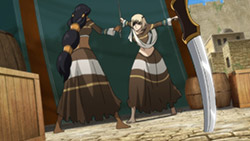 |
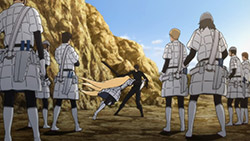 |
 |

I am sorry, until now i just see the same story, just with other pretty pictures, told.. but lets see
The pacing is definitely going too fast. I don’t know what’s up with that.
Great show that reflects not only the historical past but the modern era. I agree with what you wrote, but the ploys don’t end with the middle east. I think a conspiracy is successful when no one notices or no one cares.
Better. Still not sold, but better than Ep. 01 IMO. Giving it another couple episodes or so.
Ovation!
“zilla” Its should be Zirai, old Turkish measurement equivalent of around 75cm